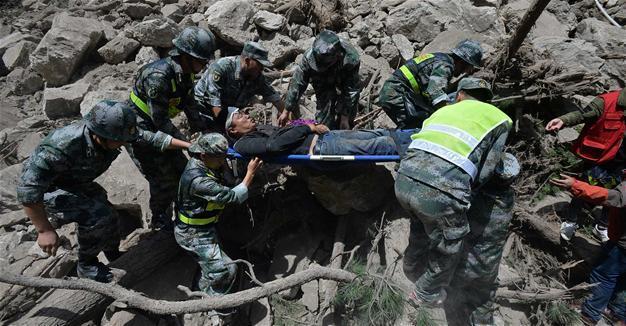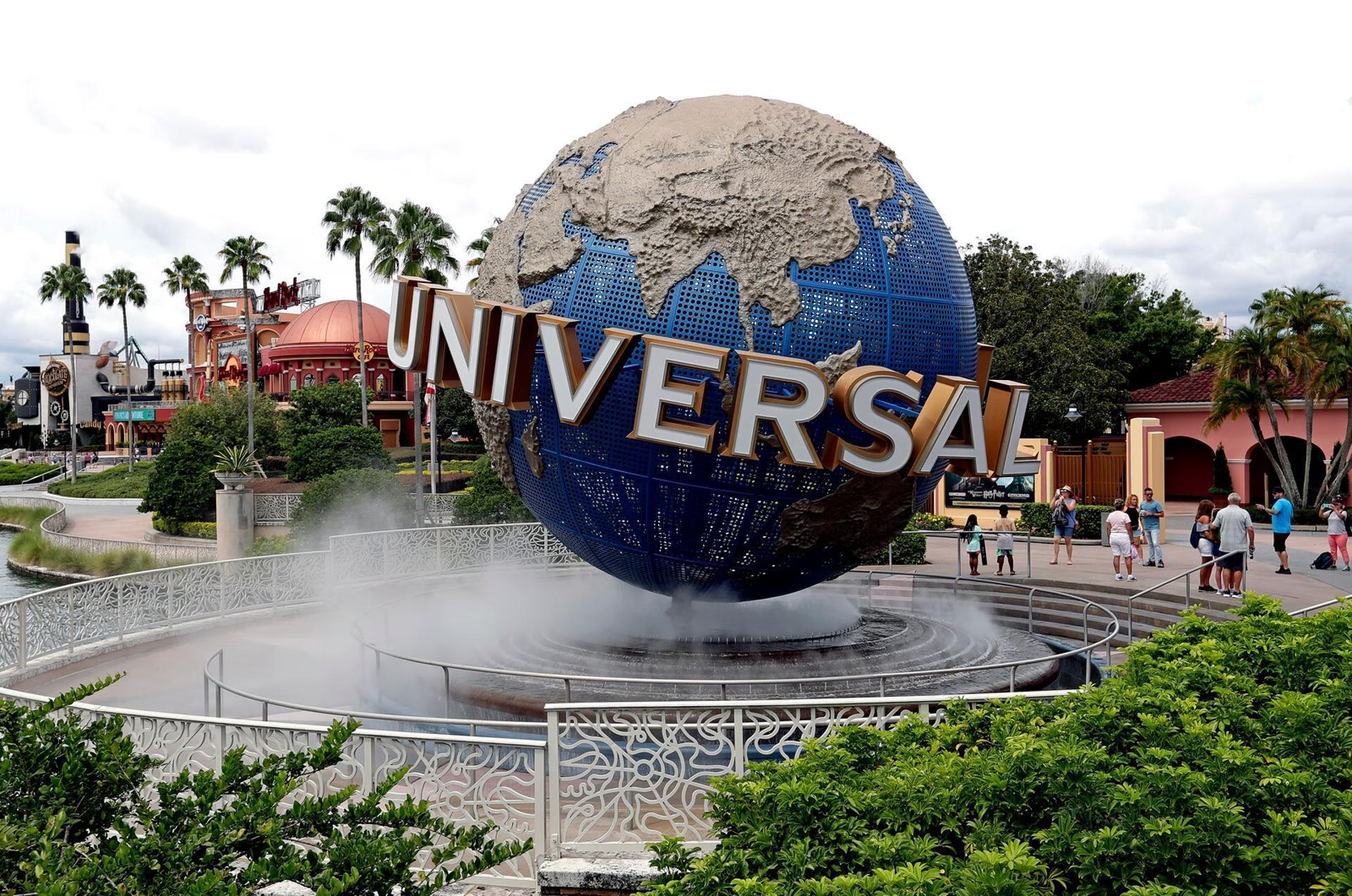Rescuers find bodies after China quake kills 19, injures 247
BEIJING – The Associated Press
 Rescuers picked away rubble from around a body in an area shaken by a powerful earthquake in mountainous southwestern China, then stood silently in a row, with helmets off and heads bowed to pay their respects.
Rescuers picked away rubble from around a body in an area shaken by a powerful earthquake in mountainous southwestern China, then stood silently in a row, with helmets off and heads bowed to pay their respects.The magnitude 6.5 quake late on Aug. 8 killed at least 19 people and injured 247, authorities said Wednesday. It also knocked out power and phone networks, complicating efforts to locate and evacuate survivors.
State broadcaster China Central Television showed footage of orange-suited rescuers finding the body and using detectors to search for survivors in the dark of night, carrying a girl to safety and leading other people along a rubble-strewn road.
Chinese President Xi Jinping called for rapid efforts to respond to the disaster, which struck a quake-prone region bordered by Sichuan and Gansu provinces at around 9:20 p.m. on Aug. 8. The area is on the edge of the Tibetan Plateau and home to many Tibetan and other ethnic minority villages. It’s also near Jiuzhaigou, or Jiuzhai Valley, a national park known for spectacular waterfalls and karst formations that attracts visitors from China and overseas.
Rescue officials said most of the deaths and injuries were recorded in Zhangzha township, just outside the park area.
Among the injured, 40 were listed in serious condition, according to the Aba Tibetan and Qiang Autonomous Prefecture government in Sichuan. At least five of the dead were tourists, China’s official Xinhua News Agency said. Hong Kong’s immigration department said one of the city’s residents was missing in the quake.
A Canadian woman suffered a slight head injury and a French citizen was wounded in both legs and needed surgery to remove stone fragments, according to Xinhua. It said Frenchman Maxence Vallon, 18, was staying with his mother and brother at a hotel in Jiuzhaigou.
They were seeking shelter outside “when a big stone fell and hit my brother right in the leg,” said Romain Vallon, who studies in Beijing.
The dead included a performer in an arts group who was buried in the quake and found Wednesday morning. She and others had been performing in Jiuzhaigou when the quake struck. According to the Legal Evening News, they were acting out a scene about a deadly 2008 earthquake that struck nearby and killed nearly 90,000 people. When Tuesday’s quake hit, the performers ran off the stage in terror and the audience thought the tremor was part of the show.
The U.S. Geological Survey measured the quake at magnitude 6.5 and said it struck at a depth of just 9 kilometers (5.5 miles). Shallow earthquakes tend to cause more damage than deeper ones. The China Earthquake Networks Center said the quake had at magnitude of 7.0 and a depth of 20 kilometers (12 miles).
It’s not unusual for magnitude and depth readings to vary due to different technologies in use and the timing and distance from where quakes are measured.
The earthquake’s epicenter was about 39 kilometers (24 miles) from the county seat of Jiuzhaigou, which has a population of around 80,000, and was 285 kilometers (177 miles) from Chengdu, Sichuan’s densely populated provincial capital, according to the Chinese quake center.
Xinhua said strong tremors could be felt in Chengdu and other cities in the area.
Jiuzhaigou county lost electricity following the quake, said a man surnamed Song who answered the phone at a local emergency office in Aba prefecture, where Jiuzhaigou National Park is located.
Xinhua said more than 30,000 tourists visiting Jiuzhaigou were relocated to safer accommodations by tourist bus and private vehicle.
Early on Aug. 9, another strong earthquake struck in far northwestern China, some 2,200 kilometers (1,360 miles) from Jiuzhaigou, injuring three villagers whose home collapsed, Xinhua reported. That quake was measured at magnitude 6.3 by the USGS and 6.6 by China’s agency and struck in a sparsely populated area of the Xinjiang region near the Kazakhstan border.
Earthquakes are common in China’s west, although casualties are generally low because of the sparse population density. China’s deadliest earthquake this century, a magnitude 7.9 temblor in May 2008, struck the same mountainous prefecture as the latest quake, killing nearly 90,000 people.
















